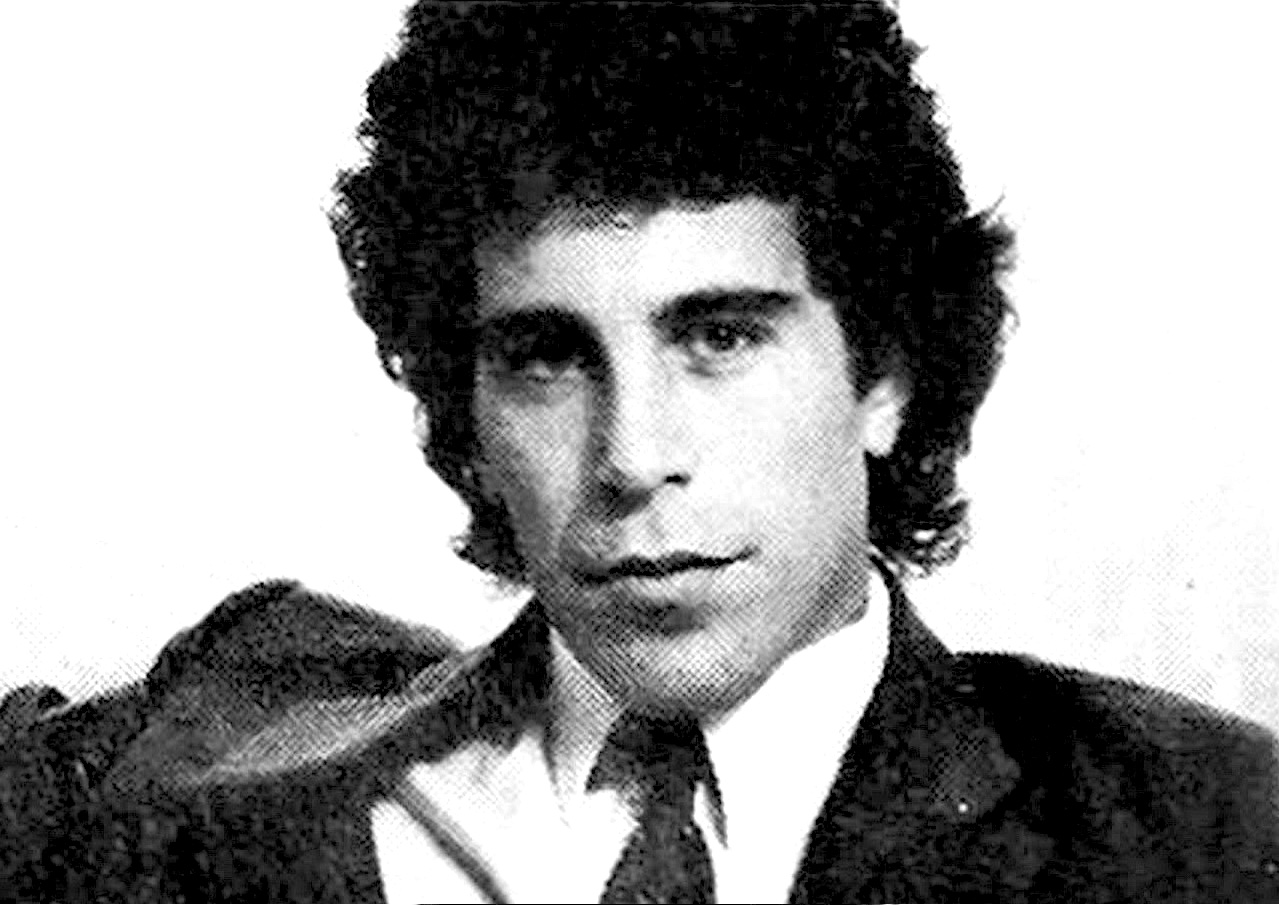Jeffrey Epstein remained embedded in Wall Street’s elite financial networks in the years before his 2019 death, maintaining accounts at more than 20 banks and executing large transactions with prominent investment firms, according to new reporting by The Wall Street Journal.
Epstein’s estate has given Congress a list of banks that handled accounts for him or his entities and the House Oversight Committee is expected to subpoena institutions for records, the newspaper reported, citing anonymous sources. Among the banks that held Epstein-related accounts in his later years were Wells Fargo, TD Bank and FirstBank Puerto Rico, sources told WSJ.
A spokesperson for TD Bank told the newspaper that accounts held by Epstein’s lawyer and accountant were closed in 2019. FirstBank Puerto Rico characterized the institution’s ties to Epstein as a legacy relationship acquired with the purchase of Chase’s banking arm in the U.S. Virgin Islands, while a spokesperson for Wells Fargo declined to comment, the Journal said.
The news report did not list the remaining banks disclosed in Epstein’s estate records.
Records from the Epstein estate reviewed by the Journal show the disgraced hedge-fund manager moved at least $60 million into Honeycomb Partners between 2016 and 2019, received $13.5 million from a hedge fund run by Paul Tudor Jones, sold $15 million of private-company shares to Blockchain Capital, and transferred about $38 million into Boothbay funds between 2014 and 2017, receiving about $10 million back in January 2017.
The documents also confirm previously reported transfers with high-profile associates, including tens of millions from private-equity billionaire Leon Black, more than $20 million invested in Valar Ventures, and $25 million received from the Rothschild banking family. Smaller payments, including $85,000 paid Alan Dershowitz Consulting in 2016, were also disclosed in the estate’s records, The Wall Street Journal said.
The businesses and individuals that replied to WSJ’s queries for comment uniformly downplayed their ties to Epstein and described the payments as legitimate transactions in financial relationships that have since ended.
Read more at The Wall Street Journal

